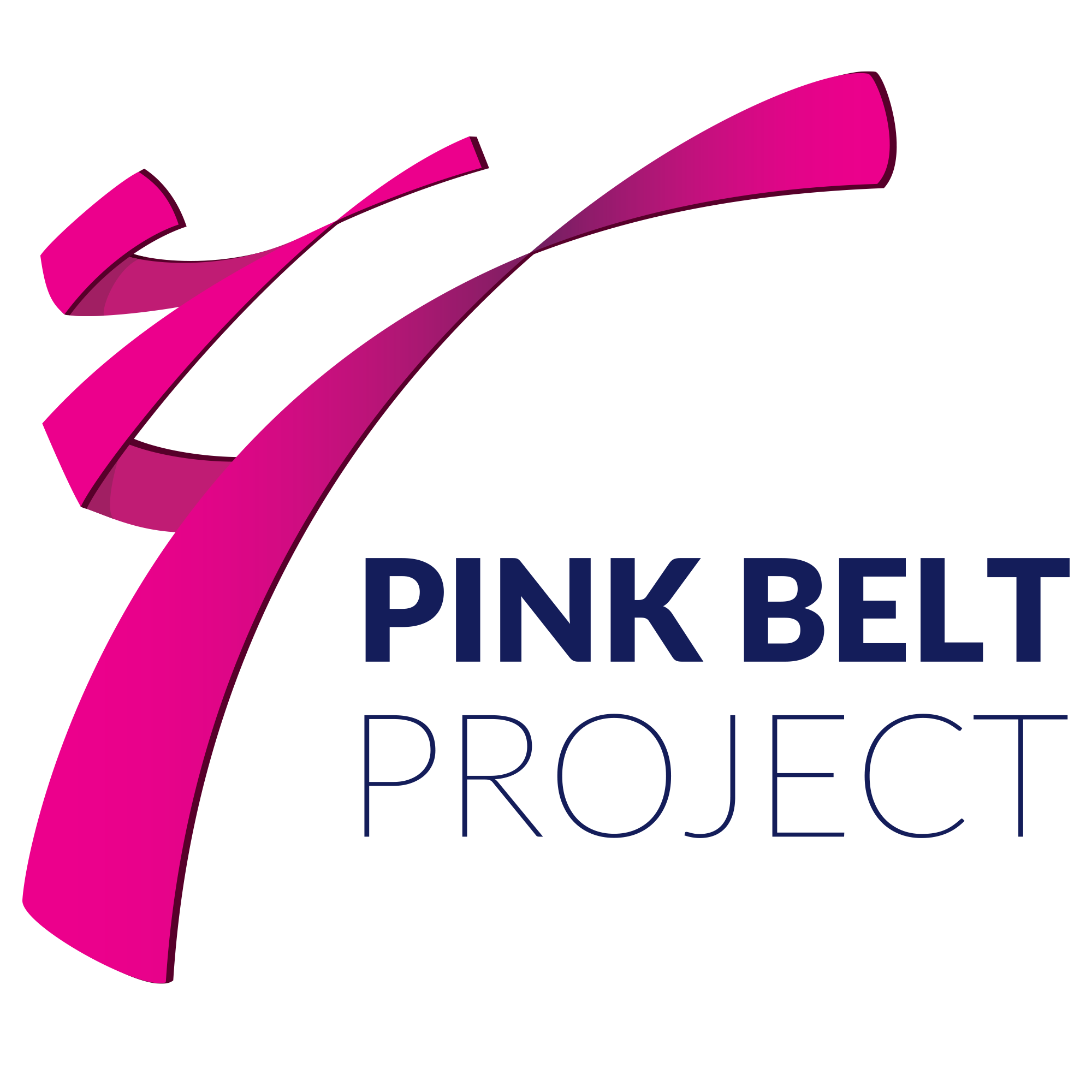OPINION
By Kristy Hitchens
FOUNDER
Pink Belt Project
One woman a week is murdered in Australia by her current or former partner. Police attend an incident related to domestic abuse every two minutes. And one in 5 Australian women has experienced sexual violence.
Experts in the space talk of drivers related to gender inequality as the core of the problem, and achieving gender equality as the heart of the solution. A wrestle for change is occurring on all fronts from workplaces, to sporting arenas, news rooms, board rooms, houses of parliament, schools and online forums.
How about in the dojo or martial arts gym though?
Wait… What? About now you could be wondering how a sporting environment still battling (admittedly out-dated) stereotypes around hyper-masculine boys’ clubs that encourage aggression, could possibly have a role to play in preventing violence against women?
My own journey to Taekwondo Black Belt in my 40s combined with three years of connecting dozens of women healing from the trauma of domestic abuse and/or sexual assault to martial arts, through my not-for-profit, Pink Belt Project tells me martial arts has the potential to play a hugely impactful role in this space if given the elbow room.
And the reason is something I like to call “The Martial Arts Effect”.
It’s a documented phenomenon that occurs when a woman starts practicing martial arts. And it’s got such potential for personal development and treatment of trauma that researchers and psychologists from around the world have been driving the steady emergence of a new breed of therapeutic programs grounded in martial arts.
I’ve seen some game-changing personal transformations take place through my Pink Belt Project firing a battle now to see more widely recognised, the untapped potential of martial arts as a therapeutic tool for recovery from violence. And beyond that! A powerful tool for preventing violence from even occurring in the first place.
Change I have seen in survivors of violence following 12 months of martial arts training provided through my Pink Belt Project mirror the raft of international studies demonstrating the uniquely empowering effects of martial arts training for women.
What happens, you see, is women learning martial arts very often experience a kind of internal shift as they work through this process of learning to defend themselves. A gradual achievement of mastery over their bodies takes place as they move kick by kick through the martial arts coloured belt rank system.
In amongst this sometimes messy development over time of power in kicks, punches, blocks, strikes, shouts, disarms and takedowns many women experience a fundamental change in how they act, feel, see themselves and move through the world.
MIND, BODY AND SPIRIT PREVIOUSLY DISCONNECTED BY VIOLENCE-INDUCED TRAUMA, ARE GENTLY DRAWN BACK INTO ALIGNMENT.
My own study of more than 400 Australian female martial artists this year (many of whom reported having been impacted by violence in the past) showed participants felt their sport made them feel stronger, safer, less-stressed, more confident and more effective at work. What other kind of sport or hobby can tick all of those boxes?
One particular study reports women trained in self-defence and/or martial arts have an enhanced ability to recognise red flags in behaviour and will also confidently express their personal boundaries.
That’s a really critical point in preventing and resisting assaults by acquaintances and intimate partners. This is where martial arts slides into not just a tool for recovery from violence, but also violence prevention.
Maybe you haven’t ever noticed them before. But be assured there’s one and usually several martial arts clubs in every town and city across the country. That’s a veritable national army that could be mobilised to help drive this change.
Equip them with specialised instructor training in trauma-informed martial arts practices ensuring optimal outcomes for survivors of violence and they could very well help with the healing but more importantly, they could also help prevent the need for the healing in the first place.
Many who teach or practice a form of traditional martial arts carry a deep commitment to community service. You can bet they are an army ready for action. Harnessing their collective power might just be the catalyst for change we need right now.
